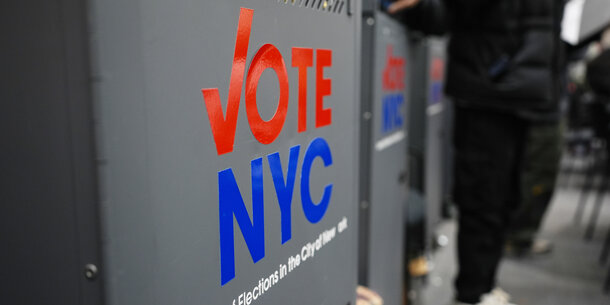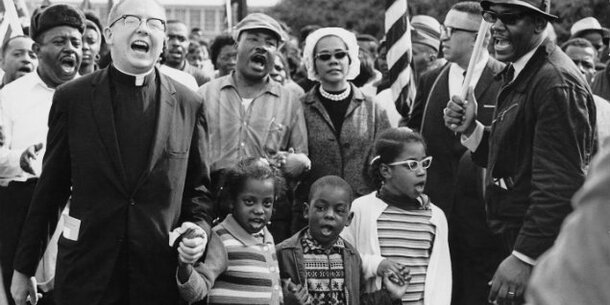Even in the midst of a pandemic and attempts to make voting harder, unhealthier, and less accessible, voters have risen above the fray and turned out in record numbers. Now our election officials are doing their jobs and counting the votes. Still, lawyers for the president have been throwing everything against the walls of our court systems in the hopes of stopping them.
To be clear, it does not appear that any of these lawsuits will impact the outcome of the election. But as a lawyer for the voters, I would be the first to say it isn’t about electoral outcomes — it is about voting rights. And it must be said that these lawsuits thus far are not about protecting the integrity of the process, but rather at diverting from it.
One common thread we are seeing among these lawsuits — and why we do not expect them to impact outcomes — is that these lawsuits object to very normal processes.
One group of lawsuits takes aim at the deadlines for receiving mail ballots. Many states have specifically provided that ballots will be accepted as long as they are mailed or postmarked on or before Election Day (as required by state law) and received within a certain number of days thereafter.
In Pennsylvania and North Carolina, a state court order and the state elections board respectively clarified that ballots arriving by a specific date after November 3 would be accepted as long as they were mailed in time (such clarifications are appropriate under state and federal law). Lawyers for the Trump campaign and other GOP operatives have tried to roll back the deadline in these states, and their efforts have been rejected thus far by courts up to and including the U.S. Supreme Court.
Other states require that ballots be received before polls close on Election Day. In a now dismissed challenge in Georgia, lawyers for the Trump campaign alleged that all of 53 possibly late arriving ballots were placed on the same table with timely arriving ballots by the Chatham County Board of Elections. The judge concluded that there was “no evidence” of fraud or commingling of late and on-time arriving ballots.
Another set of lawsuits from the Trump campaign alleges that their poll watchers were not given proper access to view the ballots. These lawsuits want counting to stop. There’s no basis to ask that ballots be thrown out, because there is no suggestion that any voter did anything wrong. On Wednesday, the campaign filed one such lawsuit in Michigan on behalf of an observer who claims to have not had appropriate access, but the lawsuit was so short on details that the judge said she planned to deny the request to stop the counting.
And then there are the lawsuits in Pennsylvania. As of Thursday evening, the Trump campaign’s lawyers had filed no fewer than four and were trying to intervene in a Pennsylvania case already before the U.S. Supreme Court.
All four of these new Pennsylvania suits challenge various ballot counting procedures. Two concern poll watcher access, and a third challenges guidance issued by the Pennsylvania secretary of state allowing voters to provide required identification information for an additional three days beyond what is required by statute. The fourth alleges that ballots with incomplete outer envelopes are being counted. None of these lawsuits allege that the voters who cast these ballots are ineligible people who are are voting. Two of the four Pennsylvania suits specifically target Philadelphia.
More lawsuits are threatened. After two lawsuits in Nevada petered out, a third complaint was filed on Thursday night.
Our judiciary is supposed to protect the right to vote, but we’re not seeing a lot respect for the role of the judiciary. Federal and state courts are getting tied up in disputes that other courts have spoken on or that grown-ups should be able to work out (or both). In an example in Pennsylvania, a request was filed one day in federal court, then effectively withdrawn when it did not look like the plaintiffs were going to get what they wanted, and the same issue was already being litigated in a state court case. This is not about process or fraud prevention — it is a distraction and a waste of judicial resources.
Most importantly, though, it is not going to work. The path forward is to ignore the noise and disinformation. The basis of American democracy is that we pick our leaders — our leaders do not pick their voters. And there’s nothing that frivolous lawsuits from any political candidate can do to change that.



